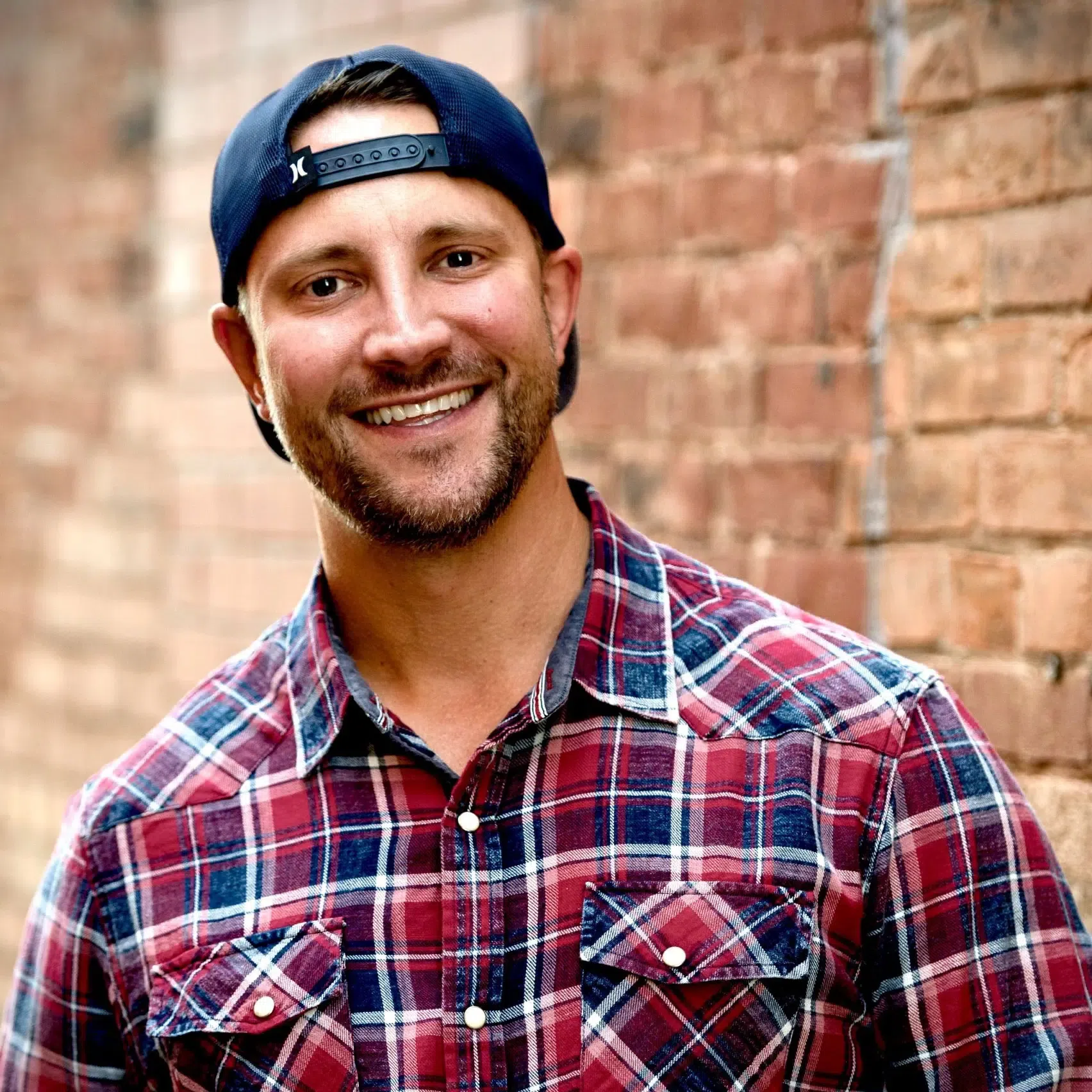(Updates Thailand, Adds Vietnam)
(Reuters) – A growing number of countries are looking at switching to different COVID-19 vaccines for second doses or booster shots amid supply delays and safety concerns that have slowed their vaccination campaigns.
Several medical studies to test the efficacy of switching COVID-19 vaccines are under way. A mixed schedule, where a shot of Pfizer’s vaccine is given after an AstraZeneca shot, produced more antibodies than two AstraZeneca shots, an Oxford study said on June 28.
The following are countries that are weighing, or have decided to adopt, such a solution:
BAHRAIN
* Bahrain said on June 4 that eligible candidates could receive a booster shot of the Pfizer/BioNTech or the Sinopharm vaccine, regardless of which shot they had initially taken.
BHUTAN
Bhutan’s Prime Minister Lotay Tshering said on June 24 he was comfortable about mixing-and-matching COVID-19 vaccine doses to immunize a population of about 700,000 people in the tiny Himalayan nation.
CANADA
* The country’s National Advisory Committee on Immunization said on June 17 that the provinces should offer recipients of a first dose of AstraZeneca’s vaccine a different shot for their second dose, CBC News reported.
The committee had said earlier this month that people first injected with an AstraZeneca shot could choose to receive a different vaccine for their second dose.
CHINA * Chinese researchers are running an early-stage, small-scale trial on the mixed inoculation of one dose of the vaccine from CanSino Biologics (CanSinoBIO), followed by one dose of the shot provided by a unit of Chongqing Zhifei Biological Products, clinical trial registration data showed in April.
* Researchers are also running a trial using one dose of CanSinoBIO’s shot as a booster for those who have already received one or two doses of an inactivated vaccine, according to clinical trial registration records in June.
INDONESIA
* Indonesia is considering offering a booster shot to its healthcare workers immunized with Sinovac’s vaccine, as thousands of them are now testing positive for COVID-19.
ITALY
* Italy’s medicine agency AIFA said on June 14 that people under the age of 60 who were inoculated with a first dose of the AstraZeneca shot can receive a different second shot.
RUSSIA
* Russia may start trials on a COVID-19 vaccine combining its Sputnik V vaccine and various Chinese shots in Arab countries, the Interfax news agency quoted Russia’s RDIF sovereign wealth fund as saying on June 4.
The RDIF also said that no negative side-effects were found during clinical trials combining COVID-19 vaccine using the AstraZeneca and Sputnik V shots, Interfax reported.
SOUTH KOREA
* South Korea said on June 18 that some 760,000 people who were inoculated with a first dose of AstraZeneca’s will receive Pfizer’s jab as a second shot due to shipment delays by global vaccine sharing scheme COVAX.
THAILAND
* Thailand said on July 12 it would use AstraZeneca’s shot as a second dose for people first inoculated with Sinovac’s vaccine, in an attempt to increase protection.
The move is the first publicly announced mix-and-match of a Chinese vaccine and a Western-developed shot.
UNITED ARAB EMIRATES
* The United Arab Emirates have made the Pfizer/BioNTech coronavirus vaccine available as a booster shot to those initially immunised with a vaccine developed by the China National Pharmaceutical Group (Sinopharm).
A representative of Mubadala Health, part of the state fund, said a different vaccine could be provided as a booster shot but this was at the recipient’s discretion and health professionals did not make recommendations.
VIETNAM
Vietnam said on July 13 it would offer the mRNA vaccine jointly developed by Pfizer and BioNTech as a second dose option for those who received the AstraZeneca vaccine as their first dose.
(Reporting by Federico Maccioni; Editing by Tomasz Janowski, Mark Potter and Raissa Kasolowsky)






